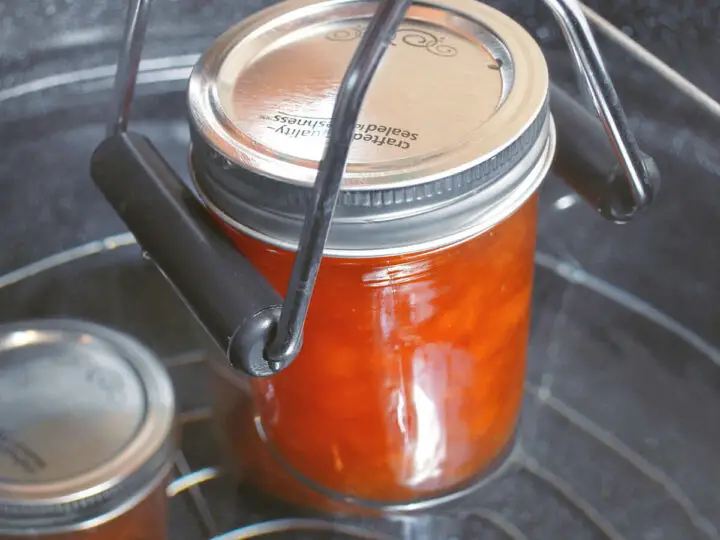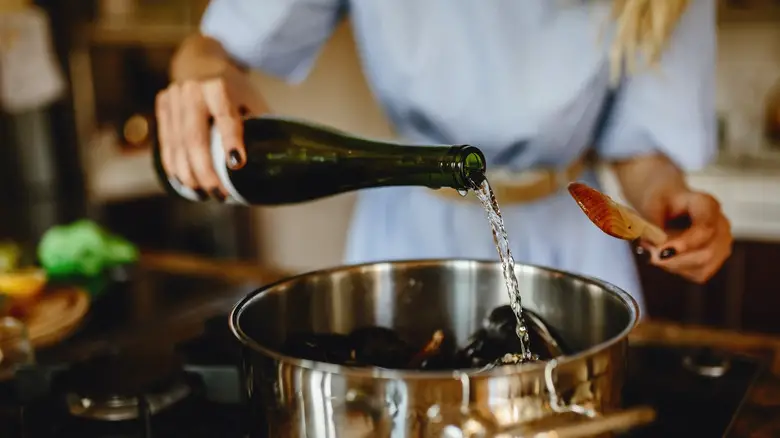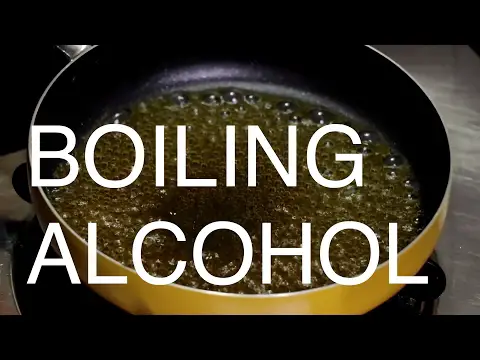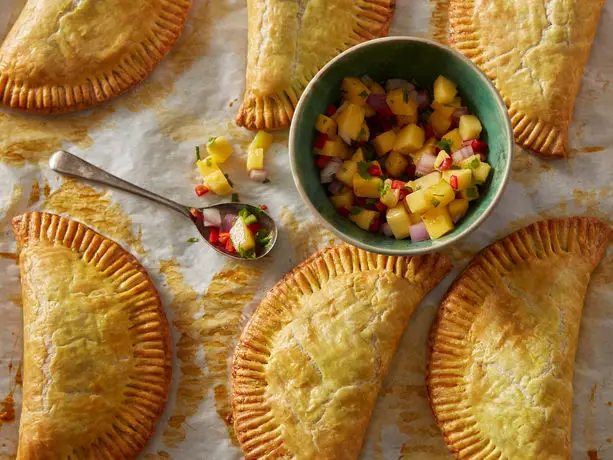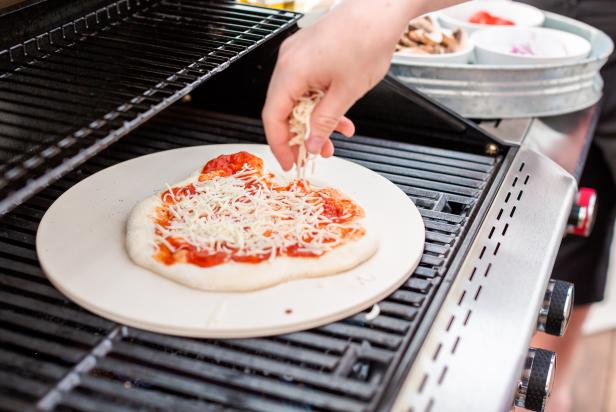Can You Pour Boiling Water Into A Mason Jar? Everything You Need To Know!
Mason jars are a popular item for food storage, preserving, and serving. Many people wonder if it’s safe to pour boiling water into a Mason jar. The answer is that it depends on the type of Mason jar you’re using, how it’s made, and how you plan to use it.
Understanding the Structure and Material of Mason Jars
Before we delve into whether or not Mason jars can handle boiling water, let’s first understand their structure and materials.
Mason jars are made from either glass or plastic. Glass is the more traditional material and preferred by many for canning, preserving, and storing foods and drinks. Glass jars are nonporous, which makes them great for preventing spoilage or contamination of foods. Plastic jars are a lighter and more affordable option which is better suited to short-term storage rather than long term due to their porous nature.
The structure of a Mason jar is also essential to its handling of heat. The straight sides of the jar provide even heating distribution and promote air circulation, which helps with cooling. The large mouth also allows for easy filling and pouring of liquids or food items.
Glass vs. Plastic Mason Jars: Which one can handle boiling water?
When it comes to pouring boiling water into a Mason jar, glass is generally the better option. Not all glass jars can handle high temperatures, but those labeled as “heat-resistant” or “tempered” have better chances at withstanding hot liquids without shattering.
Plastic jars are not designed for high-temperature use. They usually have lower temperature limits than glass ones and will tend to warp or melt when exposed to boiling water. Plastic containers labeled safe for the freezer or microwave, may not be heat-resistant, and using them to pour boiling water is a recipe for a mess at best and an accident at worst.
Temperature Limits and Safety Precautions to Consider
When pouring boiling water into a Mason jar, it’s crucial to be mindful of the temperature limits that each glass jar can handle. You need to check the temperature limit specified by the manufacturer. Most heat-resistant or tempered glass jars are safe up to about 500F (260C). Exceeding these limits may lead to thermal shock and cause the jar to shatter.
The risk of thermal shock increases when glass jars go from cold or room temperature to very hot or vice versa quickly. It happens due to uneven temperature distribution inside the jar. If you’re planning on pouring boiling water into your Mason jar, avoid putting it in the freezer or fridge before use. Additionally, never pour cold liquids directly into a hot Mason jar.
Best Types of Food Storage for Your Mason Jars
When using Mason jars as storage containers for hot liquids, you should consider what type of food you will be storing. For soups or stews, wide-mouthed jars work well. Their broader openings make it easier to pour in hot liquids than regular mouth mason jars. In contrast, if you’re storing foods with high acidity like pickles, then regular mouth mason jars will probably work best.
For longer-term storage of fresh produce or meat in Mason jars, it’s recommended that you use pressure canning rather than pouring boiling water directly into the jar. Pressure canning is an excellent method for preserving low-acid foods like vegetables and meats.
Differences Between Canning, Boiling, and Frying Foods in a Glass Jar
Canning, boiling, and frying foods in a glass jar is not the same as pouring boiling water into it. Canning involves placing food inside a jar and then exposing it to high temperatures under pressure to kill bacteria while sealing the jar. Boiling or frying food in a Mason jar can be quite tricky and unsafe. Due to the heat expansion of the trapped air within the jar, there is a high risk that the glass will crack or shatter.
Creative Ideas for Hot Beverages in Your Mason Jar
Mason jars are also popular for drinking hot beverages such as coffee or tea. If you plan on using them as beverage containers, opt for heat-resistant tempered glass jars or plastic ones explicitly labeled as safe for hot liquids.
You can add your favorite coffee beans, tea bags, or herbs into your Mason jar before pouring in boiling water to create your brew. When it comes to serving, add some ice cubes and sugar, and enjoy your refreshing drink.
Alternatives to Mason Jars When Pouring Boiling Water
In some cases where Mason jars aren’t available, other types of glassware may be used to pour boiling water. Ensure that glasses can handle high temperatures and are heat-resistant.Check their specifications before using them to avoid accidents.
If choosing plastic containers for hot drinks like coffee or tea, ensure that they are specifically marked as suitable for hot liquids.
Cleaning and Maintaining Your Mason Jars After Pouring Boiling Water
Cleaning your Mason jars after pouring boiling water is essential in ensuring their longevity. Rinse them with warm soapy water a few times before drying them, but be careful with temperature changes between cold to hot water as you should wait until the cool down.
For stubborn residue left after cleaning, use baking soda to remove it gently and without putting excess pressure on the jar. A soft sponge or brush is better than a hard one as the latter may scratch or damage the surface.
Conclusion
In conclusion, pouring boiling water into a Mason jar can be an excellent way of heating your food or making drinks. Glass Mason jars are generally more heat-resistant than plastic ones, although you must ensure you know the temperature limits of the jar.
Avoid rapid temperature changes and follow suitable safety precautions and you will have a great experience. Temperature limits exist for our safety, and we should respect them to avoid accidents.
Can I pour boiling water into a mason jar?
Yes, you can pour boiling water into a mason jar. However, you need to be careful because the sudden change in temperature can cause the glass to crack or shatter. It is recommended that you use tempered glass mason jars to prevent accidents.
What are some precautions I should take when pouring boiling water into a mason jar?
When pouring boiling water into a mason jar, make sure that the jar is at room temperature before filling it with hot water. Also, avoid touching the jar with cold objects such as metal spoons as it can lead to thermal shock. Lastly, hold the jar with oven mitts or a towel to prevent burning your hands.
What are some ways I can use a mason jar for hot liquids?
Aside from using a mason jar as a container for hot liquids, you can also use it as an alternative to traditional teapots and coffee makers. You can infuse loose tea leaves or coffee grounds directly into the jar for brewing and steeping. Just make sure to strain the hot liquid before drinking.
Are all mason jars safe for boiling water?
No, not all mason jars are safe for boiling water. Avoid using antique or vintage mason jars as these are often made of regular glass and not tempered glass. Furthermore, jars with cracks or chips on them should never be used for hot liquids as they can break unexpectedly.
